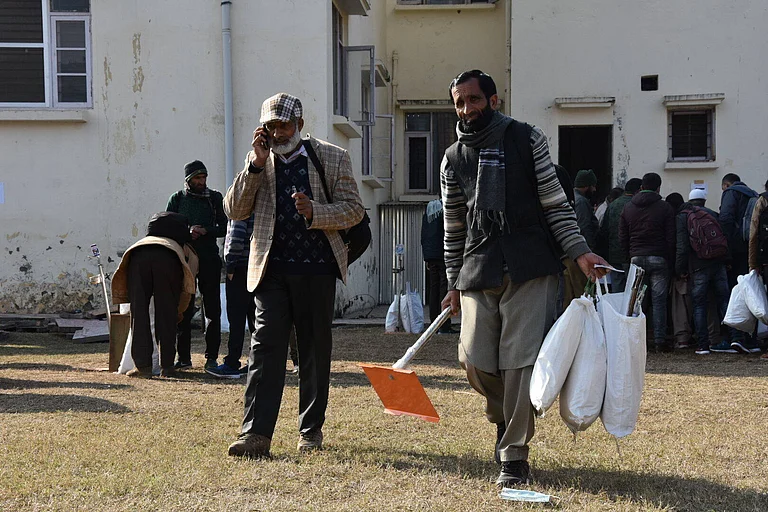Narendra Modi Government's bullet train project may further derail the Indian Railways, reveals a Right to Information (RTI) reply. According to an RTI reply, the selected Mumbai-Ahmedabad sector is facing Rs 29.91 crore loss as over 40% of the seats in this route have been going vacant in the last three months.
The Western Railways reply to the query of Mumbai-based activist Anil Galgali confirmed that the Mumbai-Ahmedabad route where the first bullet train is supposed to run, is not a profitable venture, said an NDTV report.
32 Mail and Express trains between Mumbai to Ahmedabad have been incurring a loss of 14 crore and 31 trains from Mumbai to Ahmedabad have made losses of 15 crore, said the report.
The data shared by the railway officials goes on to explain that the average passengers travelling on the said route prefer taking sleeper class seats, leaving a major portion of upper class compartments empty.
The bullet train project, since its inception, has been a bone of contention between the government and the opposition.
Last year, a comprehensive study by the Indian Institute of Management (IIM)-Ahmedabad had said that the proposed bullet train between Mumbai and Ahmedabad will have to ferry 88,000-118,000 passengers per day, or undertake 100 trips daily, for the Railways to keep it financially viable. A goal that is almost impossible to achive.
The report, titled, “Dedicated High Speed Railway (HSR) Networks in India: Issues in Development,” states that if the Railways set the ticket price at Rs 1500 for 300 km drive per person fifteen years after the operation, it will have to ferry between 88,000 and 110,000 passengers every day to ensure that it repays the loans with interest on time.
In September this year, Japan gave India a loan worth Rs. 88,000 crore at 0.1 per cent interest, as Prime Minister Narendra Modi and Shinzo Abe, laid the foundation stone for the proposed Ahmedabad-Mumbai High-Speed Rail Network.
Japan’s loan at 0.1% interest rate for the bullet train is not extraordinary, viewed in light of Japan’s low 0.05% interest rates and domestic economic conditions.
Narendra Modi had termed the interest rate and terms of loan “unbelievable”. But Japan’s loan at 0.1% interest rate for the bullet train is not extraordinary, viewed in light of Japan’s low 0.05% interest rates and domestic economic conditions, reported Mint
“The apparently concessional rates of interest at which Japan lends for such projects appear less remarkable when compared to the prevailing interest rates in Japan. For example, when Japan provided 30-year loans for the Delhi Metro project in 1997 at an interest rate of 2.3%, its own 10-year domestic risk-free interest rate was also around 2.3%, i.e. the yield on the 10-year Japanese government bond (JGB). Since then, Japan has seen periods of economic recession, deflation and interest rate cuts by the central bank. Consequently, the 10-year yield has fallen from around 2.3% in 1997 to 0.05% today. Thus, it is no coincidence that today Japan is ready to finance Indian railway projects at 0.1%,” reported Mint.


























